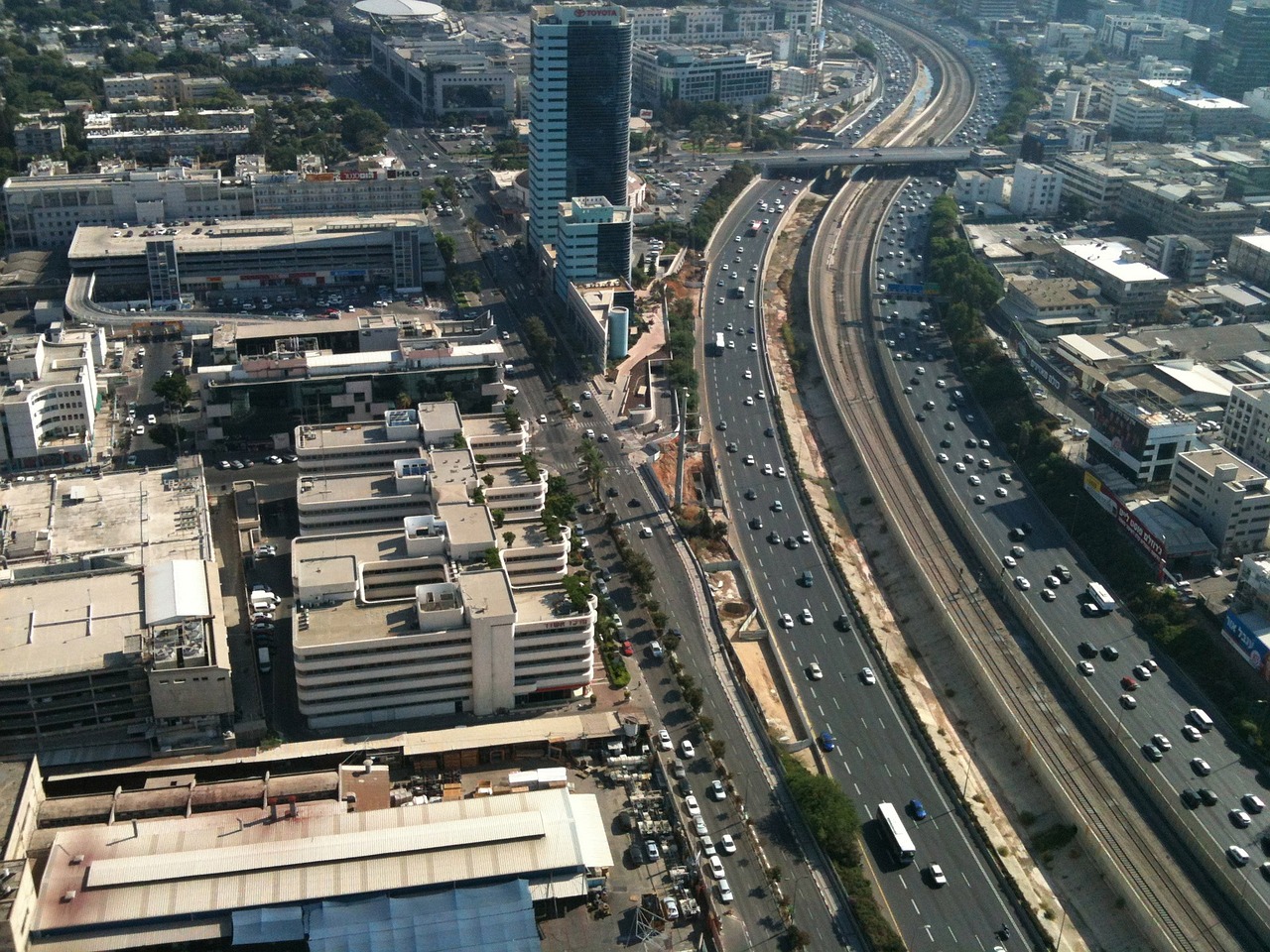Analyzing the Impact of Connected Cars on Urban Planning: All panel mahadev, Lotusbhai, Allpaanel. Com login
all panel mahadev, lotusbhai, allpaanel. com login: Analyzing the Impact of Connected Cars on Urban Planning
As technology continues to advance at a rapid pace, the rise of connected cars is transforming the way we think about urban planning. Connected cars, equipped with sensors and communication technology that allow them to interact with their surroundings, have the potential to revolutionize transportation in cities around the world.
The impact of connected cars on urban planning is multifaceted and far-reaching, with implications for everything from traffic management to parking infrastructure. In this article, we will explore some of the key ways in which connected cars are shaping the future of our cities.
Improving Traffic Flow
One of the most significant ways in which connected cars are impacting urban planning is through their ability to improve traffic flow. By communicating with each other and with traffic infrastructure, connected cars can help to reduce congestion and make urban transportation more efficient. This has the potential to not only improve the overall quality of life for city residents but also to reduce carbon emissions and improve air quality.
Enhancing Safety
Connected cars also have the potential to enhance safety on the roads. With features such as collision warning systems and automatic emergency braking, connected cars can help to reduce the number of accidents and fatalities in urban areas. This has the potential to not only save lives but also to reduce the burden on emergency services and healthcare systems.
Optimizing Parking
Another area where connected cars are making a significant impact is in parking optimization. By using sensors and real-time data, connected cars can help drivers find parking spaces more efficiently and reduce the amount of time spent circling the block in search of a spot. This can help to reduce traffic congestion, improve air quality, and make urban areas more pedestrian-friendly.
Enabling Autonomous Vehicles
Connected cars are also paving the way for the development of autonomous vehicles. By sharing data with each other and with traffic infrastructure, connected cars can help to create the infrastructure needed for self-driving cars to operate safely and efficiently in urban environments. This has the potential to revolutionize transportation in cities and dramatically reduce the need for private car ownership.
Challenges and Considerations
While the impact of connected cars on urban planning is overwhelmingly positive, there are also challenges and considerations that need to be addressed. These include issues such as data privacy and security, infrastructure investment, and the potential for increased congestion as more connected cars enter the roadways. Urban planners will need to work closely with policymakers, industry leaders, and community stakeholders to ensure that the benefits of connected cars are maximized while mitigating potential risks.
In conclusion, the impact of connected cars on urban planning is significant and far-reaching. By improving traffic flow, enhancing safety, optimizing parking, and enabling autonomous vehicles, connected cars have the potential to revolutionize transportation in cities around the world. By addressing challenges and considerations head-on, urban planners can harness the power of connected cars to create more sustainable, efficient, and livable urban environments for future generations.
FAQs
Q: What are some examples of connected car technology?
A: Examples of connected car technology include GPS navigation systems, collision warning systems, automatic emergency braking, and vehicle-to-infrastructure communication systems.
Q: How will connected cars impact public transportation?
A: Connected cars have the potential to complement and enhance public transportation systems by providing first- and last-mile connectivity, improving traffic flow, and reducing congestion.
Q: What are some of the challenges associated with connected cars?
A: Challenges associated with connected cars include data privacy and security concerns, infrastructure investment needs, and potential increases in congestion as more connected cars enter the roadways.







